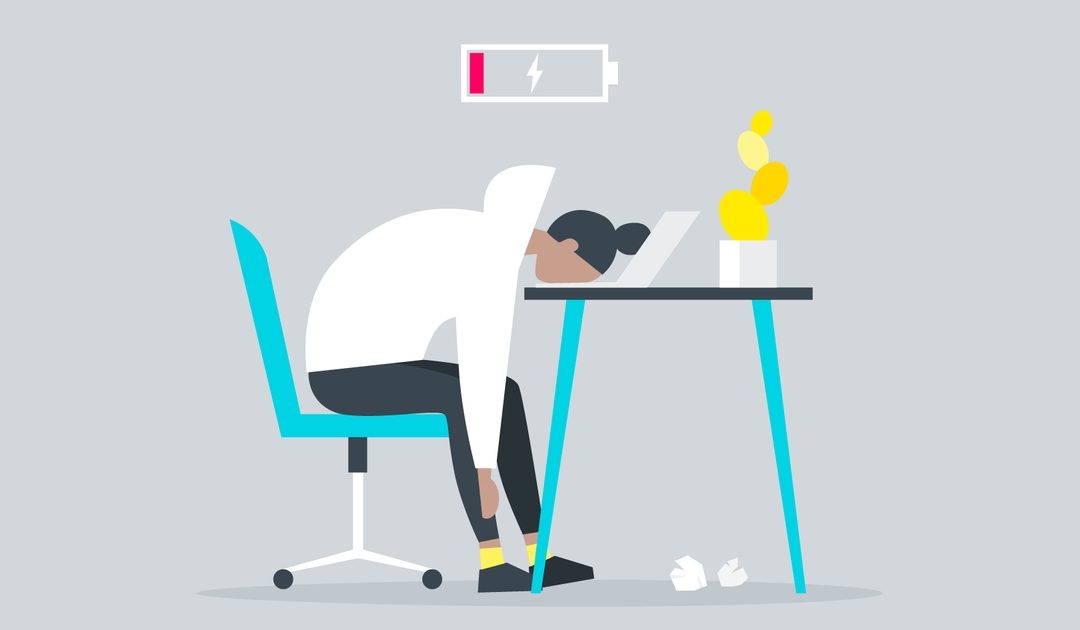Recovery coaches play a crucial role in helping individuals overcome addiction and build sustainable, healthy lifestyles. However, the demanding and emotionally challenging nature of this work can lead to burnout, which can negatively impact the effectiveness of recovery coaches and the success of treatment programs. In this blog post, we will discuss how to identify and prevent burnout by using shift reports, monitoring activity, and promoting active communication.
Using Shift Reports to Monitor Burnout
Shift reports can provide valuable insight into the workload, stress levels, and overall well-being of recovery coaches. By reviewing these reports, treatment centers can identify patterns of burnout, such as high levels of stress, decreased job satisfaction, or an increase in absenteeism. With this information, treatment centers can take proactive steps to address burnout, such as reducing workloads, offering professional development opportunities, or providing access to counseling services.
Monitoring Activity and Performance
Monitoring the activity and performance of recovery coaches can also provide important information about their well-being. For example, if a recovery coach’s performance decreases or they seem disengaged from their work, it may indicate that they are struggling with burnout. Treatment centers can use this information to provide support and resources to help the recovery coach regain their sense of motivation and focus. Implementing self-care programs can include stress management techniques, exercise, healthy eating habits, and regular time off to recharge and increase their energy levels.
Promoting Active Communication
Active communication is essential in preventing burnout among recovery coaches. Encouraging open and honest discussions about job satisfaction, workload, and stress levels can help identify potential issues before they become problematic. Providing a safe and supportive environment where recovery coaches feel comfortable sharing their concerns can help prevent burnout and support their overall well-being. Using One Step, you’ll be able to send daily check in messages to staff to encourage communication and transparency.
The role of recovery coaches in addiction treatment is essential, but it can also be emotionally and mentally demanding. By taking these steps, treatment centers can support the recovery coaches who play a critical role in helping individuals overcome addiction and build a path towards sustained recovery.
To learn more about One Step and the features we use to help your team communicate and keep motivated, reach out to info@onestepsoftware.com

